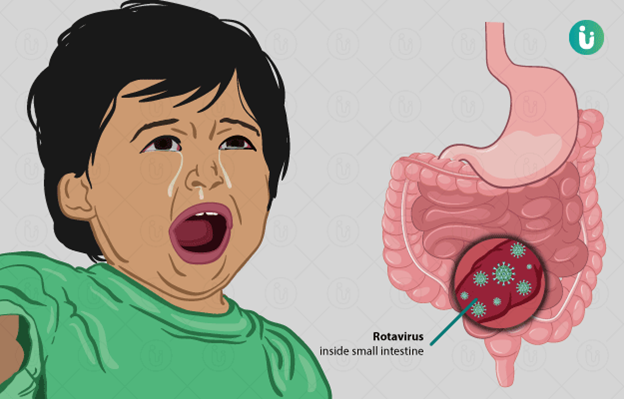A child has come into the emergency department after a confirmed bite from a brown recluse. Which action can the nurse take to alleviate pain?
Place an ace wrap on the bite.
Administer Benadryl.
Elevate the affected area.
Apply a cool compress.
The Correct Answer is B
The correct answers are choices B. Administer Benadryl, and D. Apply a cool compress.
Choice A rationale:
Placing an ace wrap on the bite is not recommended for a brown recluse spider bite. This action could potentially worsen the situation as it might trap venom in the area and increase the risk of necrosis.
Choice B rationale:
Administering Benadryl is a suitable action for alleviating pain and managing allergic reactions related to the bite. Benadryl (diphenhydramine) is an antihistamine that can help reduce itching and inflammation.
Choice C rationale:
Elevating the affected area might not provide significant pain relief for a brown recluse spider bite. Elevating is generally more effective for reducing swelling associated with injuries involving fluid accumulation, like sprains or strains.
Choice D rationale:
Applying a cool compress to the bite area can help alleviate pain and reduce inflammation. Cold therapy constricts blood vessels, which can reduce swelling and numb the area, providing relief.
Nursing Test Bank
Naxlex Comprehensive Predictor Exams
Related Questions
Correct Answer is A
Explanation
The correct answer is choice A: Rotavirus.
Choice A rationale:
Rotavirus is a viral pathogen that frequently causes acute diarrhea in young children. It is highly contagious and is responsible for a significant portion of severe diarrhea cases worldwide. Rotavirus infections are most common in infants and young children, and they can lead to dehydration, especially in developing countries where access to clean water and proper sanitation might be limited.

Choice B rationale:
Salmonella organisms can cause food poisoning and gastrointestinal infections that lead to diarrhea. However, they are more commonly associated with bacterial infections rather than viral-induced acute diarrhea.
Choice C rationale:
Shigella organisms are also bacterial pathogens that cause diarrhea, specifically bacillary dysentery. While they can cause severe diarrhea, they are not the viral pathogen typically responsible for acute diarrhea in young children.
Choice D rationale:
Giardia organisms are parasites that can cause gastrointestinal infections leading to diarrhea. However, they are not viruses, and they are less commonly associated with acute diarrhea in children compared to rotavirus.
Correct Answer is ["C","D"]
Explanation
The correct answers are choices C. Novolin R, and D. NovoLog.
Choice A rationale:
Novolin N is an intermediate-acting insulin, not rapid or short acting. It has a slower onset and longer duration of action, making it unsuitable for rapid blood sugar control.
Choice B rationale:
Lantus is a long-acting insulin that provides basal insulin coverage and has a relatively steady effect over 24 hours. It is not rapid or short acting and is used to provide a baseline level of insulin, not for immediate blood sugar control.
Choice C rationale:
Novolin R, also known as regular insulin, is a short-acting insulin with an onset of about 30 minutes and a peak effect around 2 to 3 hours. It is often used to cover mealtime blood sugar elevations and is suitable for short-term blood sugar control.
Choice D rationale:
NovoLog is a rapid-acting insulin analog with an onset of about 15 minutes and a peak effect within 1 to 2 hours. It is designed to mimic the body's rapid insulin release after meals, making it effective for controlling postprandial blood sugar levels.
Whether you are a student looking to ace your exams or a practicing nurse seeking to enhance your expertise , our nursing education contents will empower you with the confidence and competence to make a difference in the lives of patients and become a respected leader in the healthcare field.
Visit Naxlex, invest in your future and unlock endless possibilities with our unparalleled nursing education contents today
Report Wrong Answer on the Current Question
Do you disagree with the answer? If yes, what is your expected answer? Explain.
Kindly be descriptive with the issue you are facing.
